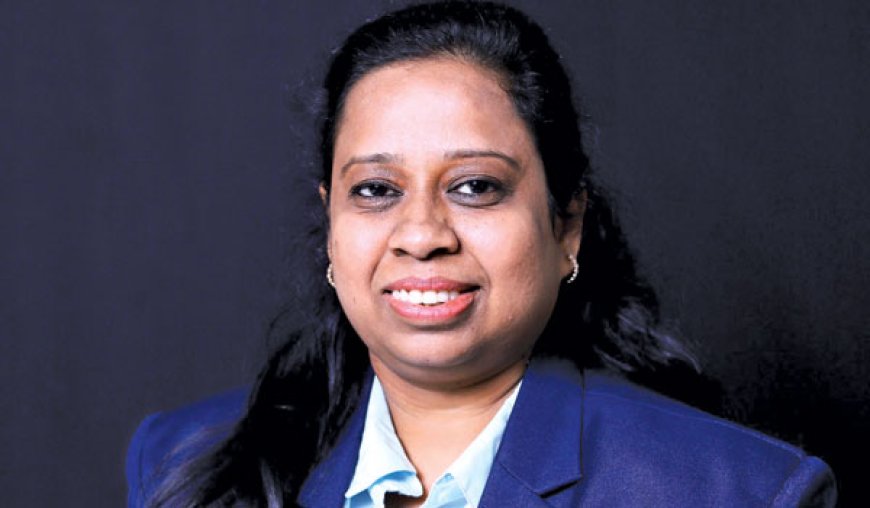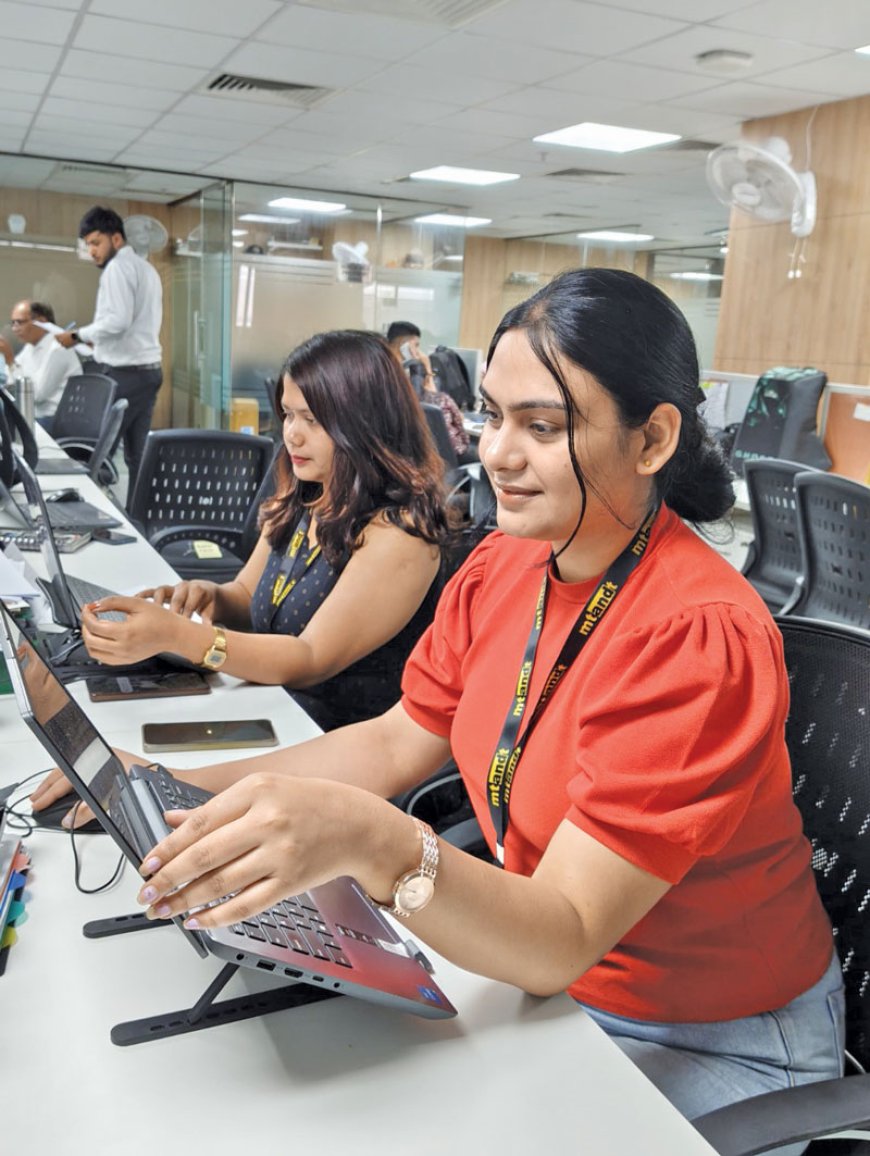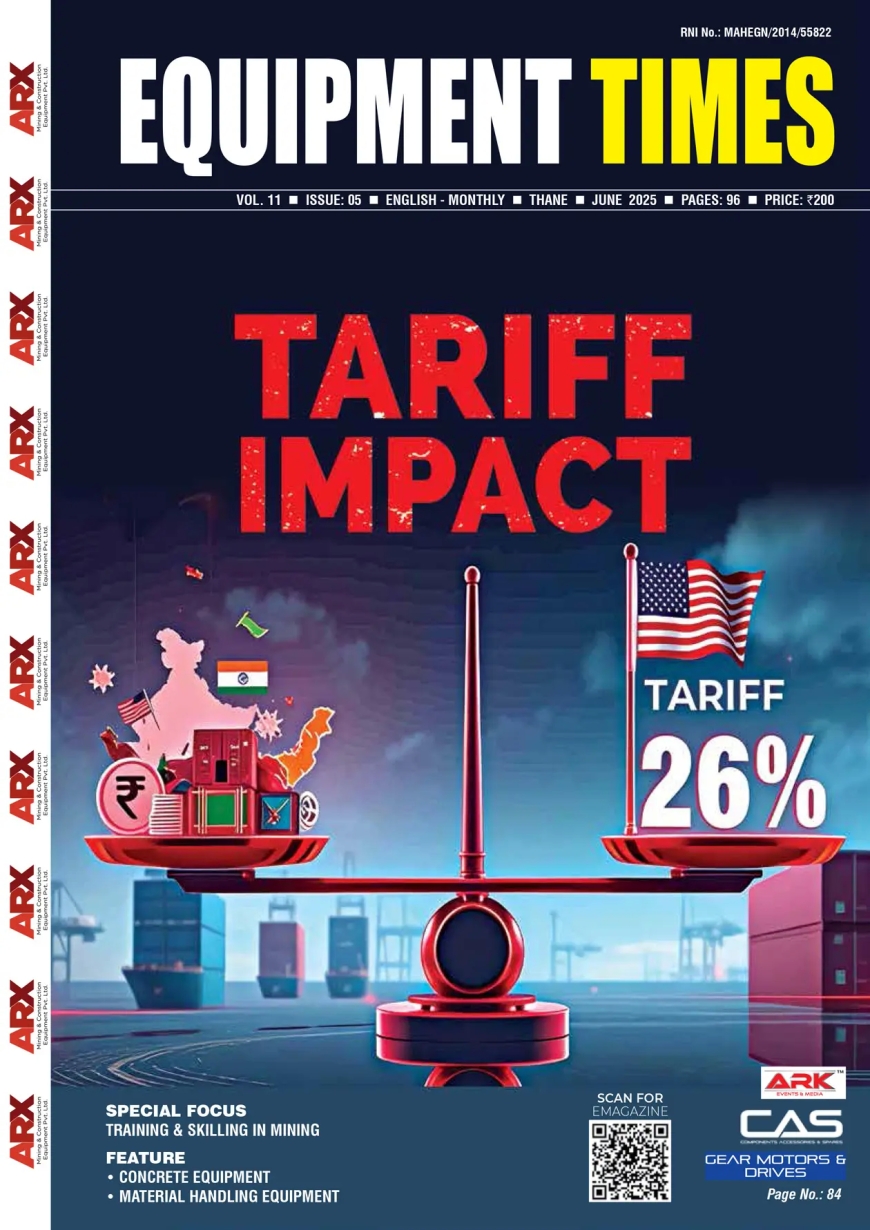Our recruitment includes specialised programs for women in engineering and technical fields.
The role of women is undergoing a profound transformation. We’re moving beyond traditional support roles to becoming core innovators

Chhavi Aggarwal
Group CFO, Mtandt Group
How do you see the role of women evolving in the construction equipment industry?
The role of women is undergoing a profound transformation. We’re moving beyond traditional support roles to becoming core innovators, leaders, and decision-makers. Women are now leading complex engineering projects, driving technological innovations, and holding critical leadership positions across design, manufacturing, operations, and strategic management.
What are the key challenges women face in this traditionally male-dominated sector?
The challenges are multifaceted. First, there’s the persistent stereotype that construction and heavy equipment are “men’s domains.” Women often face unconscious bias regarding technical competence and physical capabilities. Second, there are structural barriers in recruitment, mentorship, and career progression. Many women struggle with limited networking opportunities, lack of visible role models, and workplace cultures that haven’t traditionally been inclusive.
What steps has your company taken to promote gender diversity and inclusivity in the workforce?
We’ve implemented a comprehensive diversity strategy. This includes targeted recruitment programs, partnerships with technical institutes to attract women graduates, mandatory unconscious bias training, and creating mentorship networks. We’ve also redesigned our hiring processes to focus strictly on skills and potential, introducing blind recruitment techniques to minimize gender-based preconceptions.
 Can you share details about specific policies aimed at recruiting, retaining, and upskilling women?
Can you share details about specific policies aimed at recruiting, retaining, and upskilling women?
We have a multi-pronged approach. Our recruitment includes specialized programs for women in engineering and technical fields. For retention, we offer flexible work arrangements, comprehensive leadership development tracks specifically designed for women, and robust return-to-work programs for those who’ve taken career breaks. We’ve also implemented transparent career progression frameworks and regular skill assessment programs to ensure equal growth opportunities.
How do you provide special training programs or mentorship initiatives?
Our mentorship program pairs emerging female talents with experienced industry leaders. We’ve developed customized training modules that address potential skill gaps and provide exposure to cutting-edge technologies. These programs aren’t just about technical skills—they focus on leadership development, confidence building, and creating robust professional networks.
What measures have you implemented to ensure a safe and inclusive workplace?
Safety is paramount. We’ve redesigned protective equipment to be more ergonomically suitable for women, implemented strict anti-harassment policies, and created safe reporting mechanisms. Our workspaces are designed to be inclusive, with gender-neutral facilities and infrastructure. We also conduct regular cultural sensitivity training and have zero-tolerance policies for discriminatory behaviour.
What more can the industry do to encourage women’s participation?
The industry needs a holistic approach. Educational institutions must develop more targeted technical programs. Companies should invest in long-term cultural transformation, not just short-term diversity metrics. We need more visible role models, industry-wide mentorship platforms, and collaborative efforts to challenge existing stereotypes.








